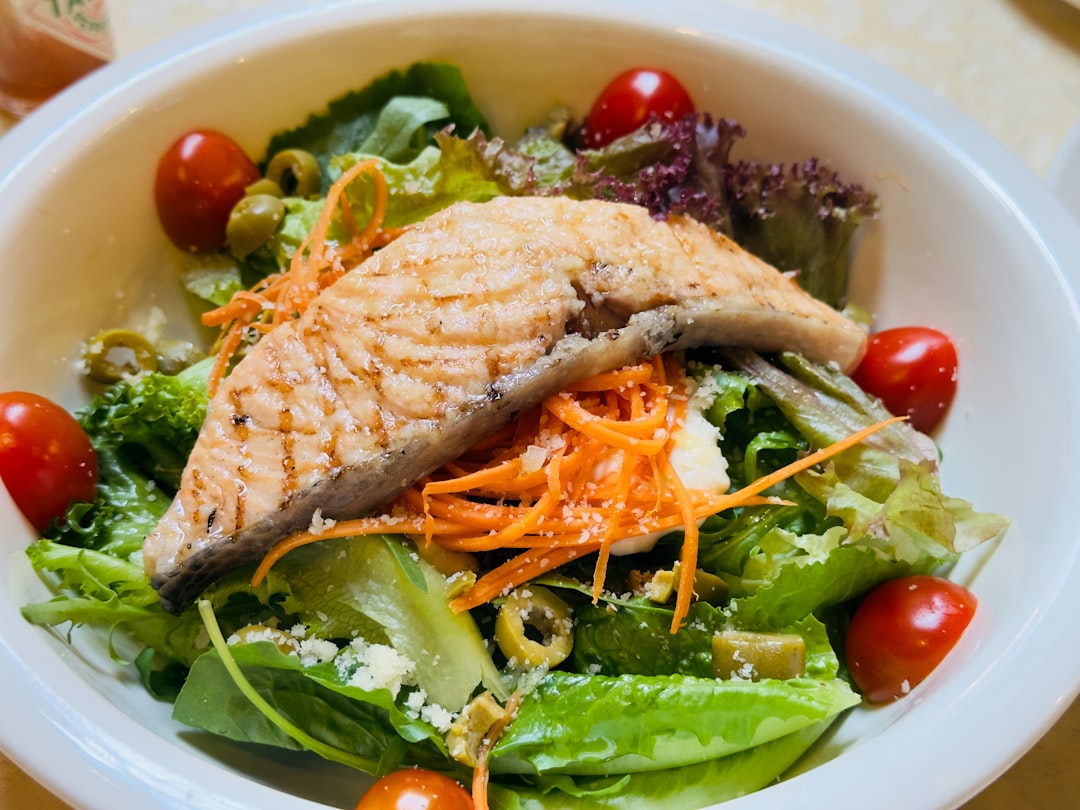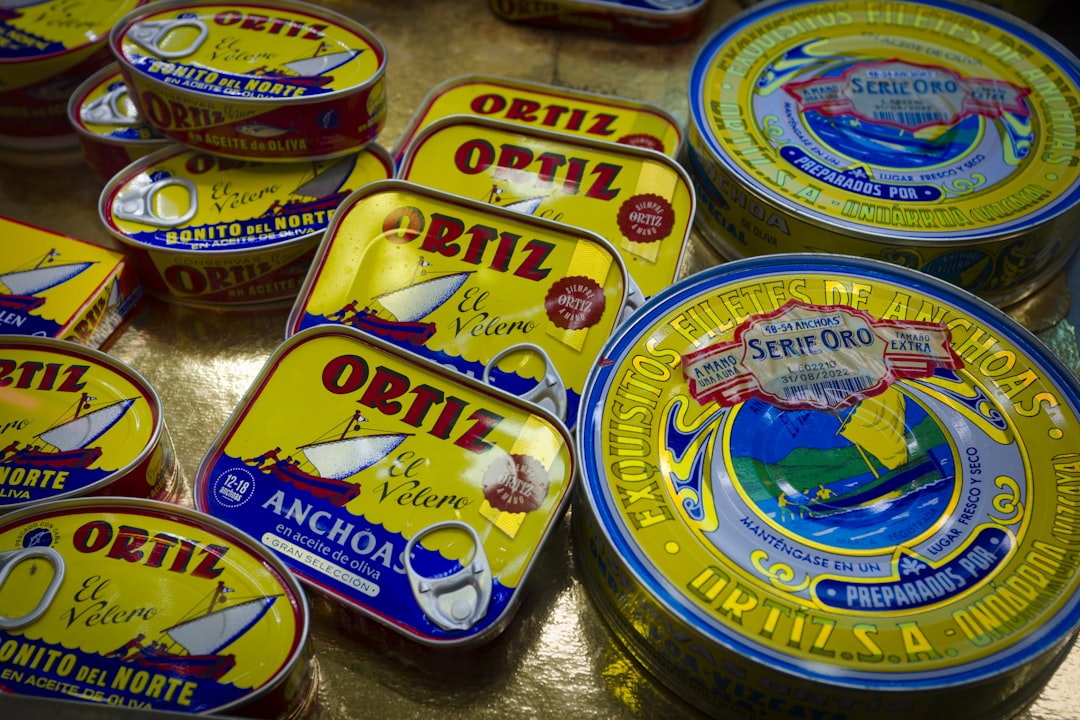11 'Healthy' Fats That Secretly Strain Your Kidneys (Beyond Avocados)
The word "healthy" shows up on a lot of food labels. We reach for nuts, fatty fish, seed blends, and coconut-based products because they promise heart and brain benefits. For most people, these choices are useful parts of a balanced diet. But when kidneys are slow to filter waste, some of the same foods can quietly add up — through phosphorus, potassium, added sodium, or concentrated calories. That balance matters because kidneys control mineral levels in your blood. When they can’t keep up, potassium and phosphorus can build up and affect the heart and bone health. Leading kidney organizations stress the importance of monitoring these nutrients, especially for people with chronic kidney disease (CKD). This article looks beyond avocado to 11 fat-rich foods and supplements that are commonly promoted as healthy but can strain kidneys if you’re not checking portions or labs. Each entry explains why the food is popular, how it might be a problem for kidney health, and practical swaps or questions to raise with your clinician. If you have reduced kidney function, think of this as a conversation starter you can bring to your next appointment. Small adjustments often let you keep foods you enjoy while staying within safe limits.
1. Salmon and Other Fatty Fish

Fatty fish like salmon, mackerel, and trout are prized for omega-3s that support heart and brain health. They’re commonly recommended in heart-healthy diets because those fats have anti-inflammatory effects. At the same time, many fatty fish are decent sources of phosphorus and potassium — minerals the kidneys normally filter. If kidney function is reduced, phosphorus and potassium can accumulate in the blood. That buildup can cause fatigue, bone changes, or heart rhythm issues if not managed. The National Kidney Foundation and nephrology experts advise that people with CKD balance the benefits of omega-3s against the mineral load of certain fish. Practical steps include choosing portion sizes vetted by your renal dietitian, favoring lower-phosphorus fish when appropriate, and spacing fish servings rather than consuming them daily in large amounts. For many patients, the solution is moderation and monitoring: enjoy the heart benefits while checking blood tests and asking a clinician for personalized portion guidance.
2. Tuna (Fresh and Canned)

Tuna is a go-to source of lean protein and omega-3s, and canned tuna makes quick meals easy. Fresh tuna contains natural minerals like phosphorus and potassium. Canned versions can add another layer of concern because many are packed in brine or oil with added sodium. Sodium affects blood pressure, and uncontrolled blood pressure increases kidney workload. For someone with reduced kidney function, the trio of potassium, phosphorus, and sodium matters. Choosing low-sodium canned tuna and checking portion sizes helps limit the mineral load. Another tactic is to rinse canned fish briefly to reduce surface sodium. If you rely on tuna regularly, ask your provider about how often it fits into your plan and whether lab monitoring is needed to catch mineral shifts early.
